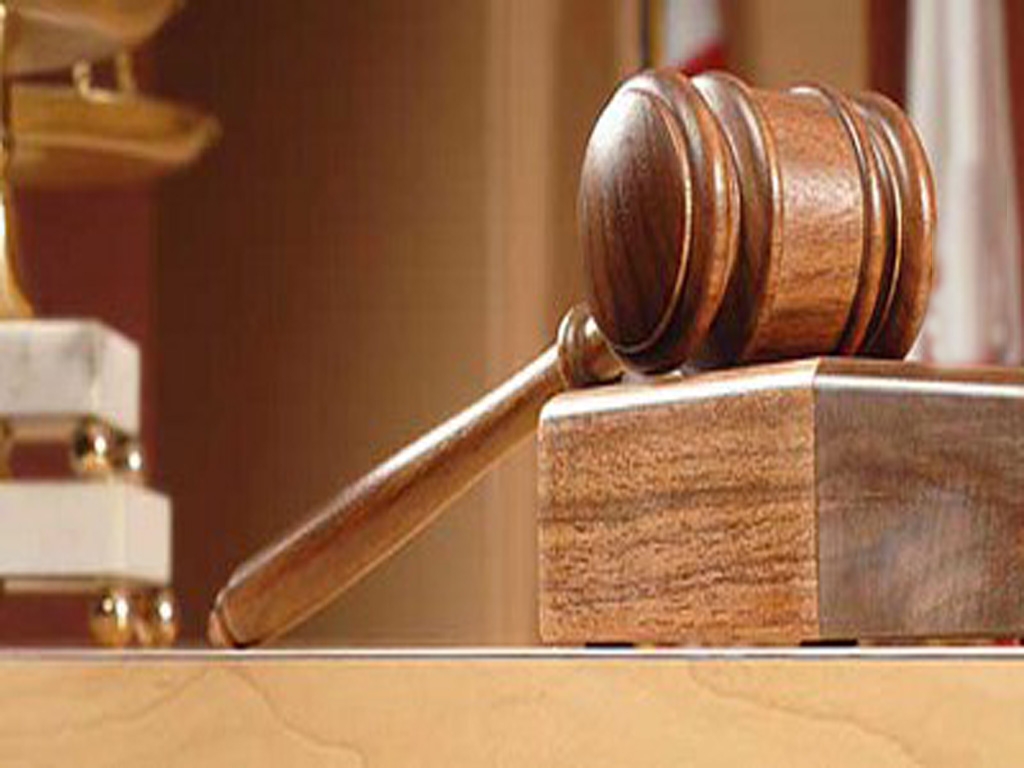ICC prosecutor warns against escalating violence in Guinea
- The International Criminal Court on Monday urged Guinea's government and the opposition.
- The West African country has been wracked by demonstrations by the opposition who accuse President Alpha Conde.
- The opposition, fearing the president will try to push through an amendment.
 THE HAGUE: The International Criminal Court on Monday urged Guinea's government and the opposition to resume talks after bloody protests and warned that The Hague-based body could try those fanning tensions.
THE HAGUE: The International Criminal Court on Monday urged Guinea's government and the opposition to resume talks after bloody protests and warned that The Hague-based body could try those fanning tensions.
The West African country has been wracked by demonstrations by the opposition who accuse President Alpha Conde of seeking to prolong his rule and uncertainty whether polls scheduled for February will go ahead.
"Following reports of numerous episodes of violence in Guinea in the past weeks, I call on all actors and their supporters to refrain from violence and resume dialogue to prevent further casualties," ICC chief prosecutor Fatou Bensouda said.
"Anyone who commits, orders, incites, encourages or contributes in any other way to the commission of atrocity crimes... is liable to prosecution by Guinean courts or by the ICC," she said.
At least 16 civilians and a police officer have been killed in bloody clashes since the protests began in mid-October, according to the opposition, with dozens injured and arrested.
Conde, 81, became Guinea's first democratically-elected president in 2010, but critics say his rule has been marred by a growing crackdown on dissent.
The president, whose second term ends next year, launched constitutional consultations in September, saying the former French colony's basic law "concentrates corporate interests" and needed reform.
The opposition, fearing the president will try to push through an amendment allowing him to seek a third term, took to the streets.
Bensouda said her office visited Guinea late last month to get an update on the investigation into the massacre of more than 150 opposition supporters a decade ago.
The ICC has opened a preliminary probe into the 28 September 2009 massacre, when security forces opened fire on the crowds demonstrating against the then junta chief Moussa Dadis Camara. More than 100 women were also raped.
Bensouda said she was encouraged by a statement by Guinea's Justice Minister Mohamed Lamine Fofana during her team's visit, announcing that the trial for those responsible for the massacre should start at the latest in June next year.
"It is now over a decade since the horrendous crimes took place at the Conakry stadium," said Bensouda.
"The victims and affected communities deserve justice and to see that it is done," she said.
The ICC, set up in 2002 to try the world's worst crimes only prosecutes when its member states are unwilling or unable to do so.



















Comments
Comments are closed.